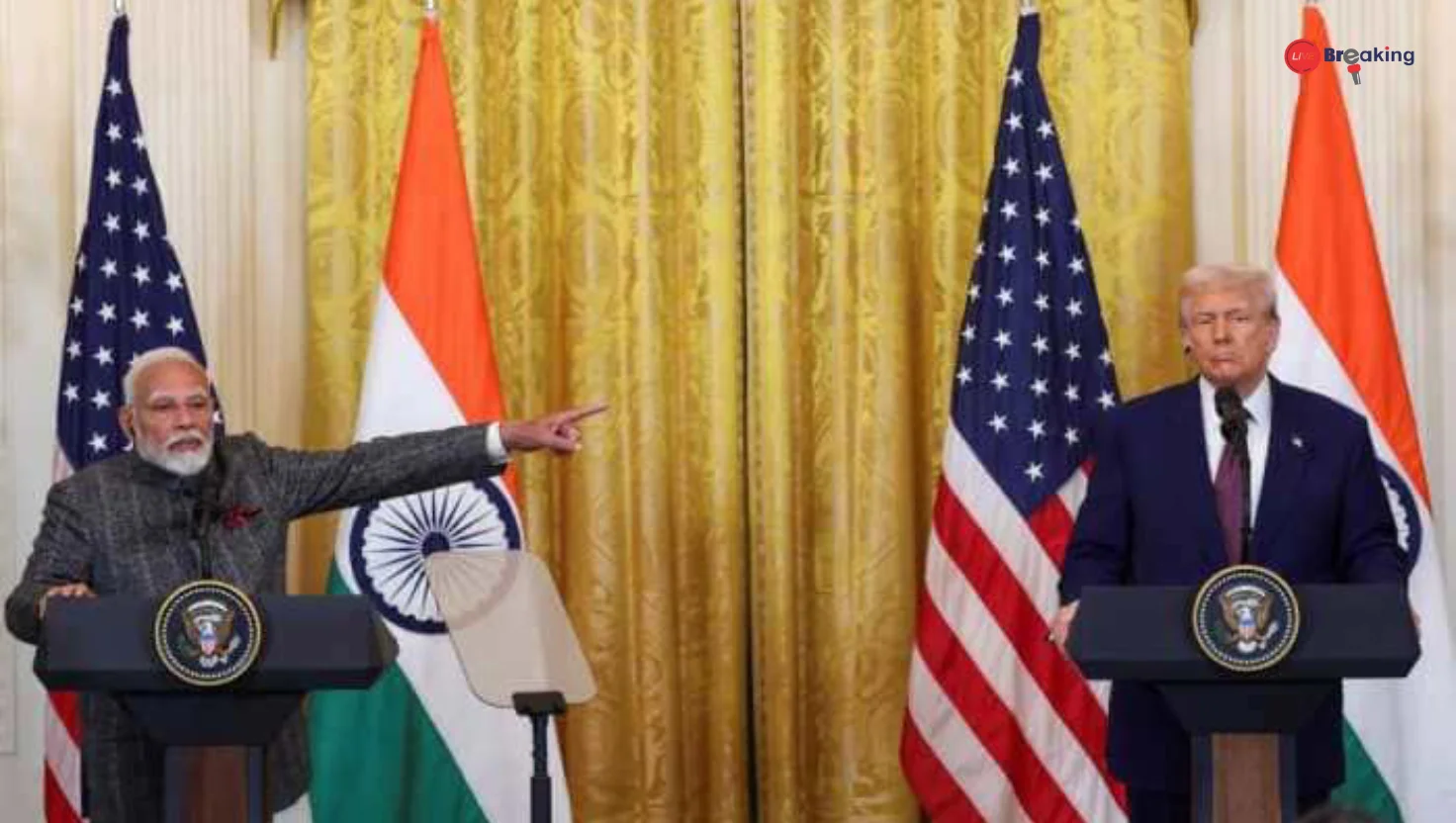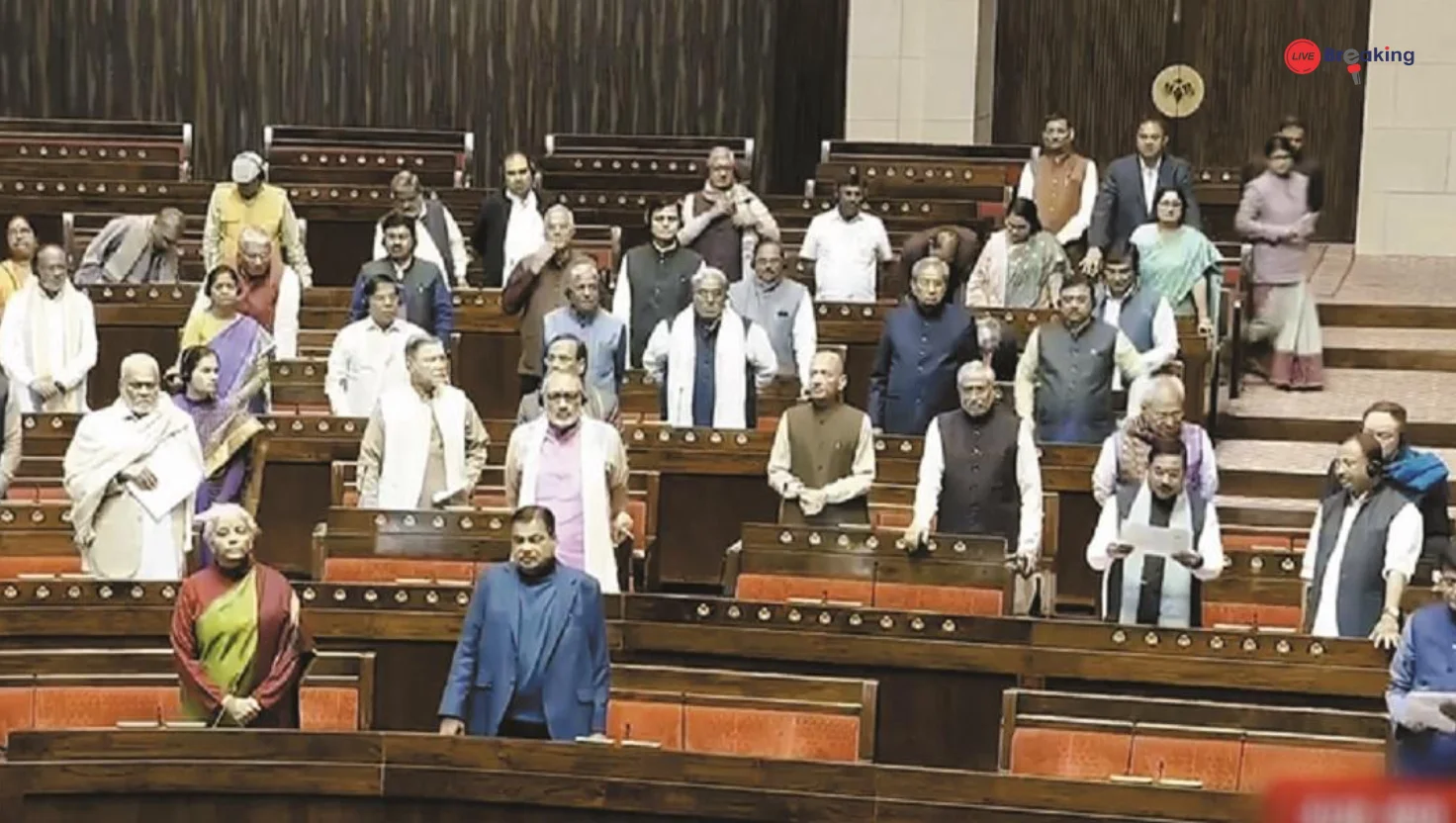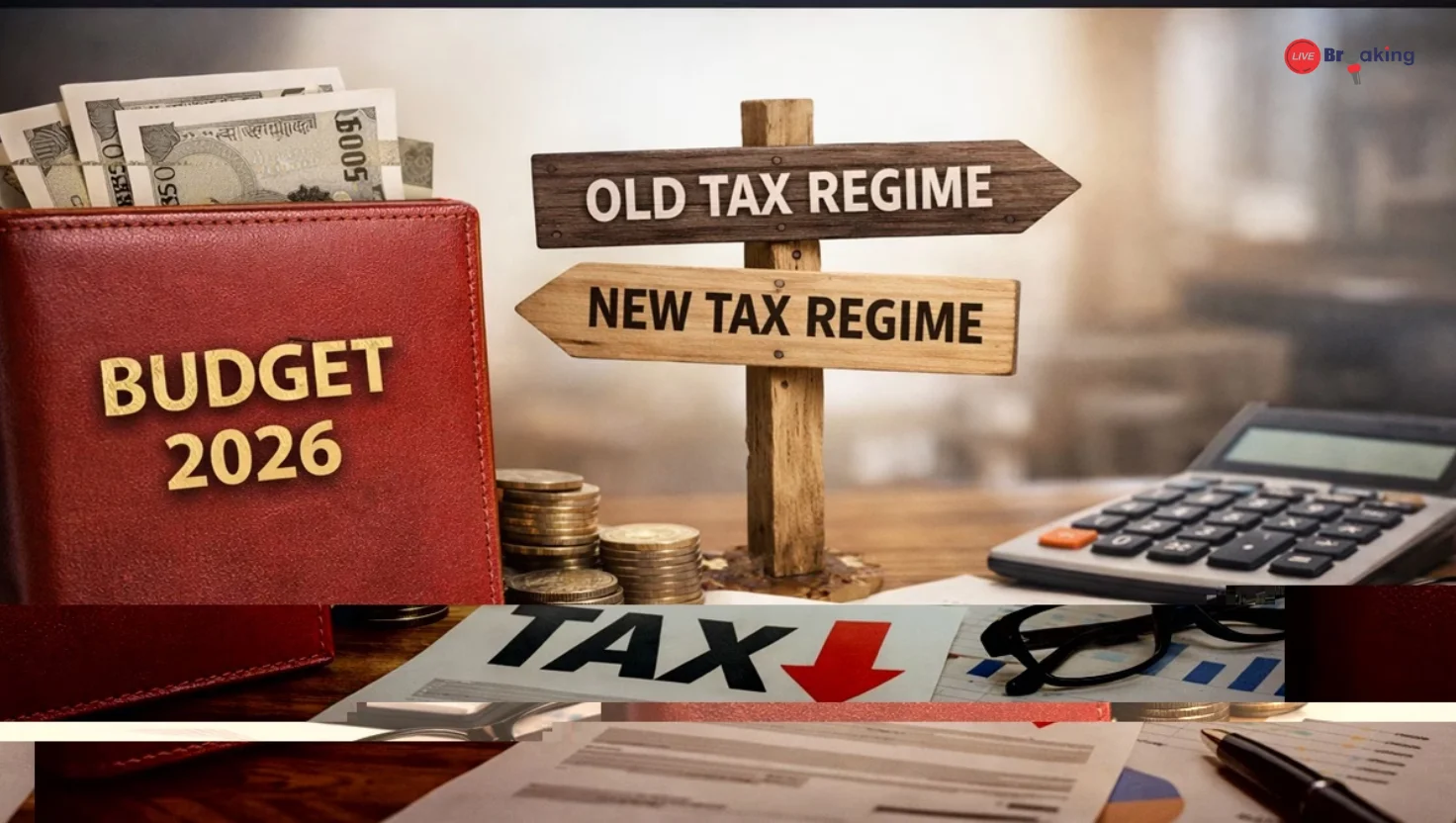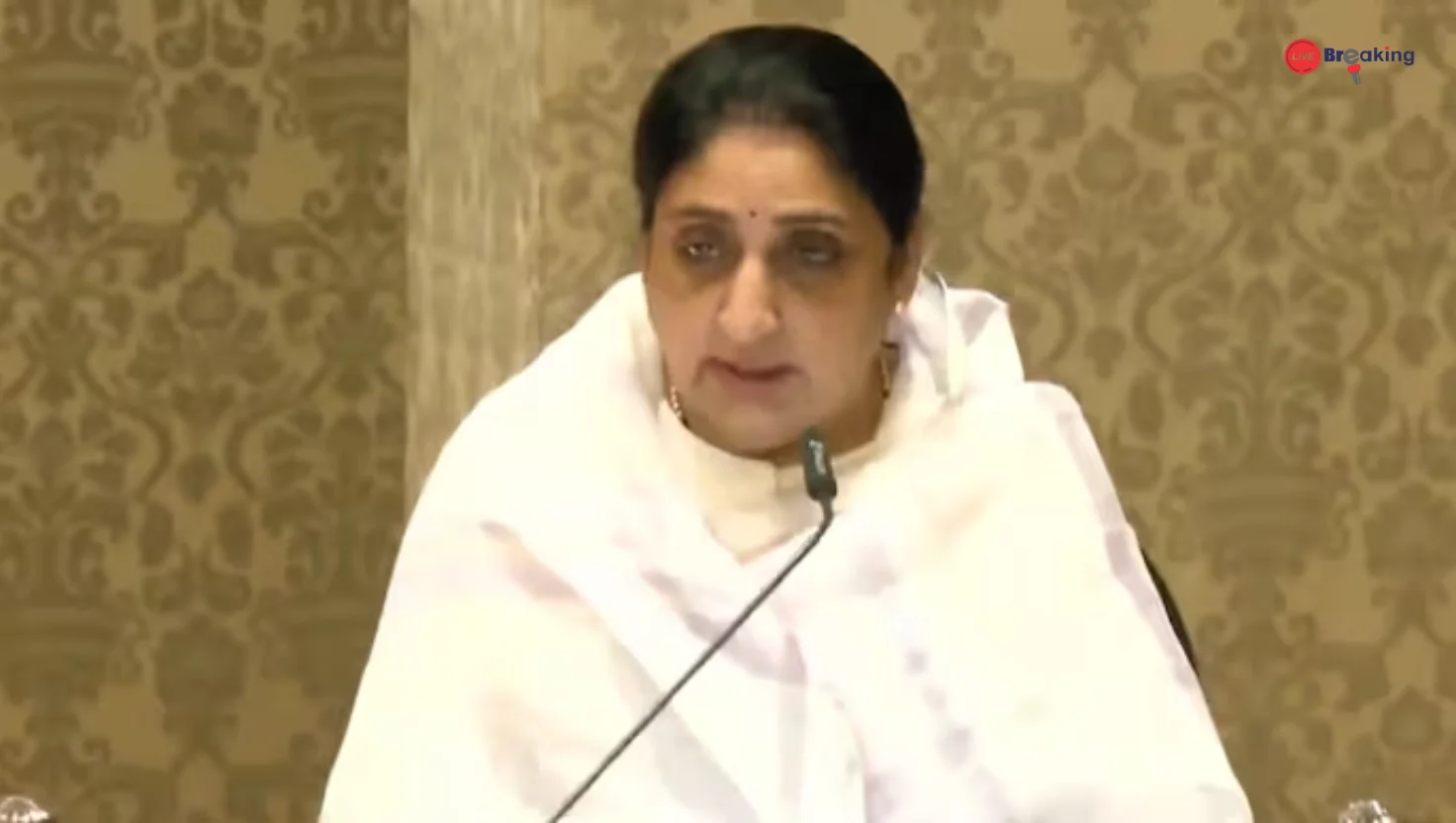US Companies Face Indian Heat: Trump’s Tariffs Fuel Swadeshi Campaign
The recent tariff measures imposed by former US President Donald Trump on Indian exports have triggered more than just diplomatic unease. They have also ignited a fresh wave of “Swadeshi” sentiment across India, with several consumer groups and activists calling for reduced reliance on American brands. Giants such as PepsiCo and McDonald’s, which have long enjoyed a strong presence in the Indian market, now find themselves navigating an atmosphere of rising economic nationalism.
Trade Tensions Spill Into Consumer Choices
India and the United States have had a complex trade relationship, but Trump’s tariffs have particularly struck a nerve by directly impacting Indian industries, from textiles to IT services. In response, sections of Indian consumers, backed by Swadeshi organizations, are questioning the need to continue supporting foreign companies when Indian alternatives are available.
This sentiment is reminiscent of earlier waves of economic self-reliance campaigns, where local products were promoted over international ones. The renewed push comes at a time when Indian startups, homegrown food chains, and indigenous beverage makers are rapidly expanding their presence, offering consumers viable options outside of global corporations.
Pressure on US Food & Beverage Giants
PepsiCo and McDonald’s, two of the most recognized American brands in India, are particularly vulnerable to this shift. Campaigns on social media have amplified calls to “buy local,” urging consumers to opt for Indian brands in beverages, snacks, and fast food.
-
PepsiCo, known for its popular cola drinks and packaged foods, has long dominated the soft drink market alongside Coca-Cola. However, Indian beverage companies such as Paper Boat, Bovonto, and regional soda brands are gaining traction by leveraging cultural nostalgia and natural ingredients.
-
McDonald’s, which pioneered the global fast-food model in India, faces competition from Indian quick-service restaurants offering local flavors at competitive prices. As Swadeshi sentiment intensifies, chains serving dosas, parathas, and Indian-style burgers are being promoted as alternatives to Western fast food.
Rise of Homegrown Alternatives
The “vocal for local” movement, already popularized in recent years, is being reinvigorated under the umbrella of Swadeshi advocacy. Food delivery platforms are increasingly highlighting Indian brands, while small-scale entrepreneurs see new opportunities to attract customers keen on aligning consumption with national interest.
Read more: PM Modi Joins Japanese PM For High-Speed Bullet Train Ride From Tokyo To Sendai
Domestic snack makers, traditional drink manufacturers, and local eateries are benefitting from this shift. For many consumers, choosing local brands has become not just an economic decision, but also a symbolic act of protest against perceived unfair trade practices.
Symbolism Beyond Commerce
The pushback against American brands is not merely about tariffs or trade imbalances—it represents a broader desire for economic self-reliance. By boycotting or limiting their patronage of US-based companies, consumers aim to send a political message: India will not remain passive in the face of international trade pressure.
Experts suggest that while the actual economic impact on US multinationals may not be immediate or drastic, the reputational challenge is significant. Being associated with political tensions could affect brand loyalty, especially among younger consumers who are active on social media and more responsive to nationalistic campaigns.
Balancing Act Ahead
For policymakers in both nations, the rising Swadeshi push adds another layer of complexity to already strained trade negotiations. While India seeks fairer terms for its exports, American companies operating in the country are lobbying to ensure they do not become collateral damage in the geopolitical tug-of-war.
Read more: TikTok may be back in India 5 years after ban: Website opens but app unavailable
For US giants like Pepsi and McDonald’s, the path ahead may involve increased localization of their offerings, deeper engagement with Indian suppliers, and sharper marketing strategies that resonate with cultural pride. At the same time, Indian companies now have a rare opportunity to expand market share by tapping into patriotic buying habits.
Conclusion
The Trump-era tariffs have set off ripple effects far beyond policy documents and trade tables. In India, they have sparked a cultural and economic debate that is now being played out in restaurants, retail stores, and even the aisles of supermarkets. As Swadeshi sentiment gathers steam, US multinationals face mounting pressure to adapt or risk losing ground in one of the world’s fastest-growing consumer markets.












